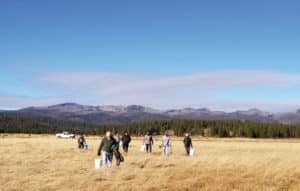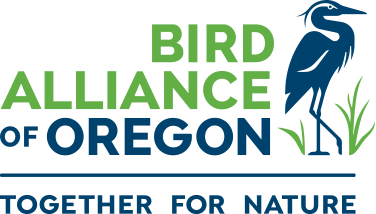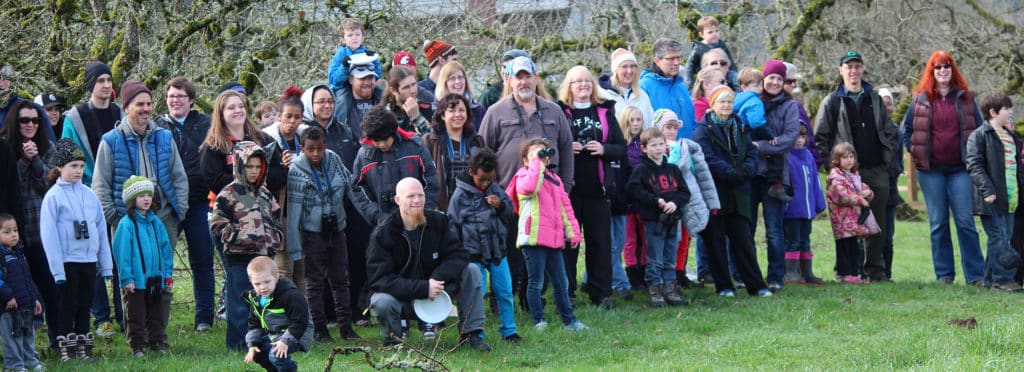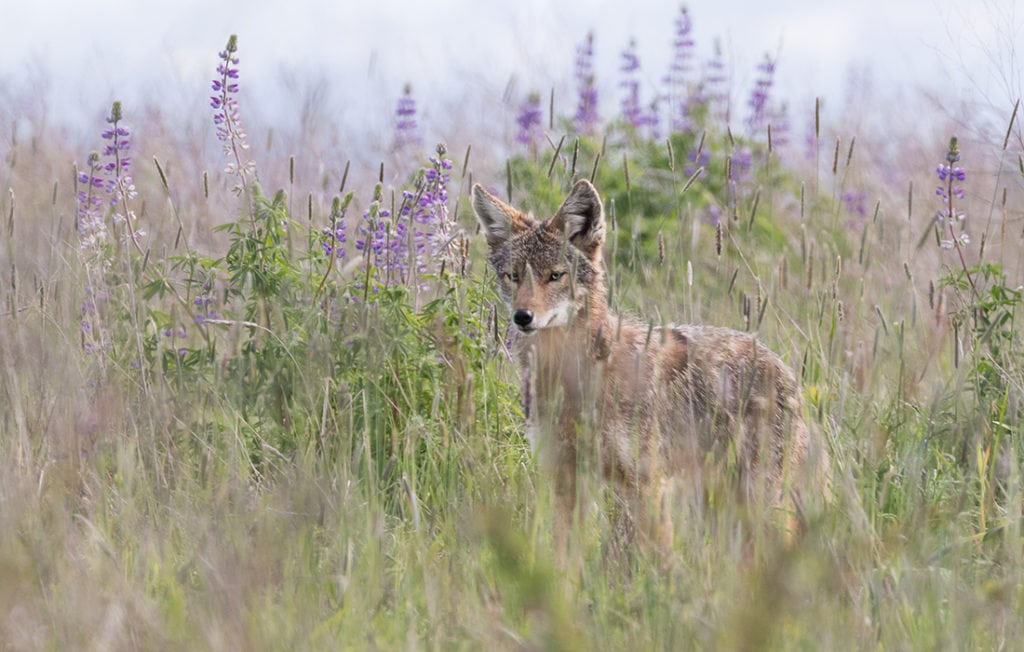
Bird
We were founded to protect birds in 1902, and that remains at the heart of our work. By calling out birds, we get to quickly and effectively share who we are and why we’re here.
Alliance
We are strong because of our collaborative relationships with partners, members, volunteers, activists, birders, donors, and learners. It’s only through these connections that we can protect wildlife and wild places.
Oregon
Our advocacy and education efforts have always been statewide, from the coast to the high desert and sometimes even following ecosystems across state borders. Now our name reflects the fuller geographic range of our work.
Together for Nature
Our tagline is meant to go side by side with our name to show that while birds are central to our mission, we are also more than birds. We fight for all wildlife, habitats, and people. We stand together for nature. Always.
Why We Changed Our Name
Bird Alliance of Oregon’s commitment to equity and racial justice continues to grow through our programs, partnerships, and the evolution of our internal culture. John James Audubon’s name is synonymous with birds for some, but for many, the name celebrates a slaveholder who stole human remains from the graves of Native Americans and Mexican soldiers.
We heard from many staff, volunteers, and community members who are people of color, specifically Black, that it’s painful to bear the name of a slaveholder at the place where they work or volunteer, or to wear a shirt with our name on it. The environment needs everyone’s voice at the table, and John James Audubon’s name has become a significant barrier to ensuring this organization is inclusive. If we wanted to live our values and make sure this organization is a place of belonging for all people, changing our name was not only important, it was necessary.

As you may have noticed, we also changed from “Portland” to “Oregon.” Many people are surprised to hear that for the first 66 years of our history, we were the Oregon Audubon Society. That’s because we were founded to protect birds and habitat across the state, starting with our work to establish Malheur, Klamath, and Three Arch Rocks National Wildlife Refuges. In 1968 National Audubon said that if we wanted to be affiliated with the larger Audubon network, we needed to change our name to reflect a smaller geographic area. And so, reluctantly, we changed our name and became the Audubon Society of Portland, or Portland Audubon.
Despite that name reflecting only a small percentage of the state, our work remained statewide. We advocated for the Willamette Valley National Wildlife Refuges, fought in the Timber Wars to protect old-growth forest and the Northern Spotted Owl, and helped establish five marine reserves across the coast, to name just a few of the countless battles and victories. We have permanent staff on the coast and in the high desert and will expand soon to southern Oregon. At times our work even extends across Oregon borders, like in the Klamath Basin, and in Vancouver, Washington. We are excited to return to our roots and have our name reflect our statewide work again.

We acknowledge that even “Oregon” is a term that has issues, as Oregon is a colonial boundary that was placed on the land, bisecting both tribal homelands and bioregions. We recognize this challenge with the name, and more broadly with living and working on land that has been colonized.
How Did We Choose the Name Bird Alliance of Oregon?
We knew that if we wanted to find a name that was welcoming, we needed to hear directly from the community. That meant reaching out to members, volunteers, activists, donors, and the general public for feedback. We formed a name change committee made up of staff, board, and community partners. The committee had 14 members, each with expertise in areas like conservation, education, communications, and development. The committee was 60% BIPOC, with representation from LGBTQIA+ and disability communities as well. This committee was charged with leading the process, hiring a marketing firm, doing community outreach, and recommending a name to the board. The board then voted on the final name choice.
We spent four months gathering input from the community on what our new name should be, hearing from almost 2,000 people. We launched surveys, asked our members, met with partners, advertised in newspapers, tabled at community events, and held BIPOC (Black, Indigenous, and People of Color) listening sessions. We collected detailed demographic information to see who we were hearing from and—perhaps more importantly—who we weren’t hearing from. From early on, the data showed us we needed to do intentional outreach to people under 35, communities of color, and people who live in rural communities. The majority of our outreach centered on those communities, helping us increase participation from those demographics.
We were excited to see that across all demographics, the same themes around the new name kept emerging:
- Directly references birds
- Is clear and accessible
- Reflects the organization’s statewide presence
- Aligns with mission and values related to bird conservation, wildlife protection, and environmental education
- Creates a sense of unity and connection to address the barriers that racism has created in reaching diverse groups

The Continuing Emergence of the Bird Alliance
One of the most exciting elements of the name change is the emergence of “Bird Alliance.” Multiple former Audubons have now adopted Bird Alliance as a part of their name, including Chicago, Detroit, San Francisco, and Madison. One of the biggest concerns in changing our name was maintaining the connections between the 450 Audubon chapters around the country, and our 11 sister chapters here in Oregon. When the term “Bird Alliance” gained momentum among chapters and fit well with our findings from community feedback, we jumped at the chance to help create new connective tissue that could bind our organizations together. However, no matter how other Audubons and former Audubons choose to rename themselves, we are proud to have a name that helps better tell our story and connect with more people.
Join us over the next few months as we celebrate the new name. The Nature Store will carry lots of items featuring our new name, and look out for upcoming events at Steeplejack’s Brewery in the late spring where we can gather together.
And thank you to every person who took the time to take our survey or share their feedback in person. This name was created with all of your help, and we couldn’t be more grateful.
For additional information, visit our Frequently Asked Questions page about the name change.



